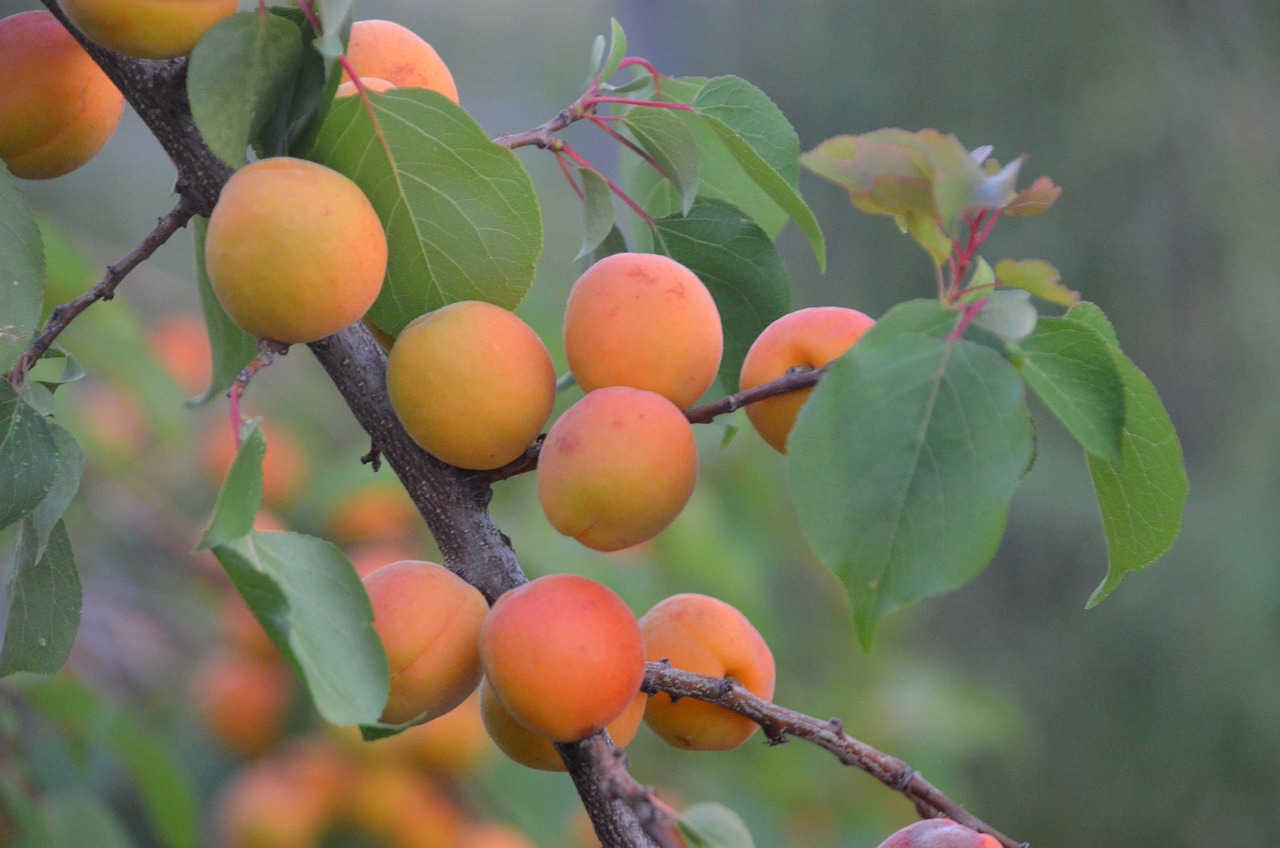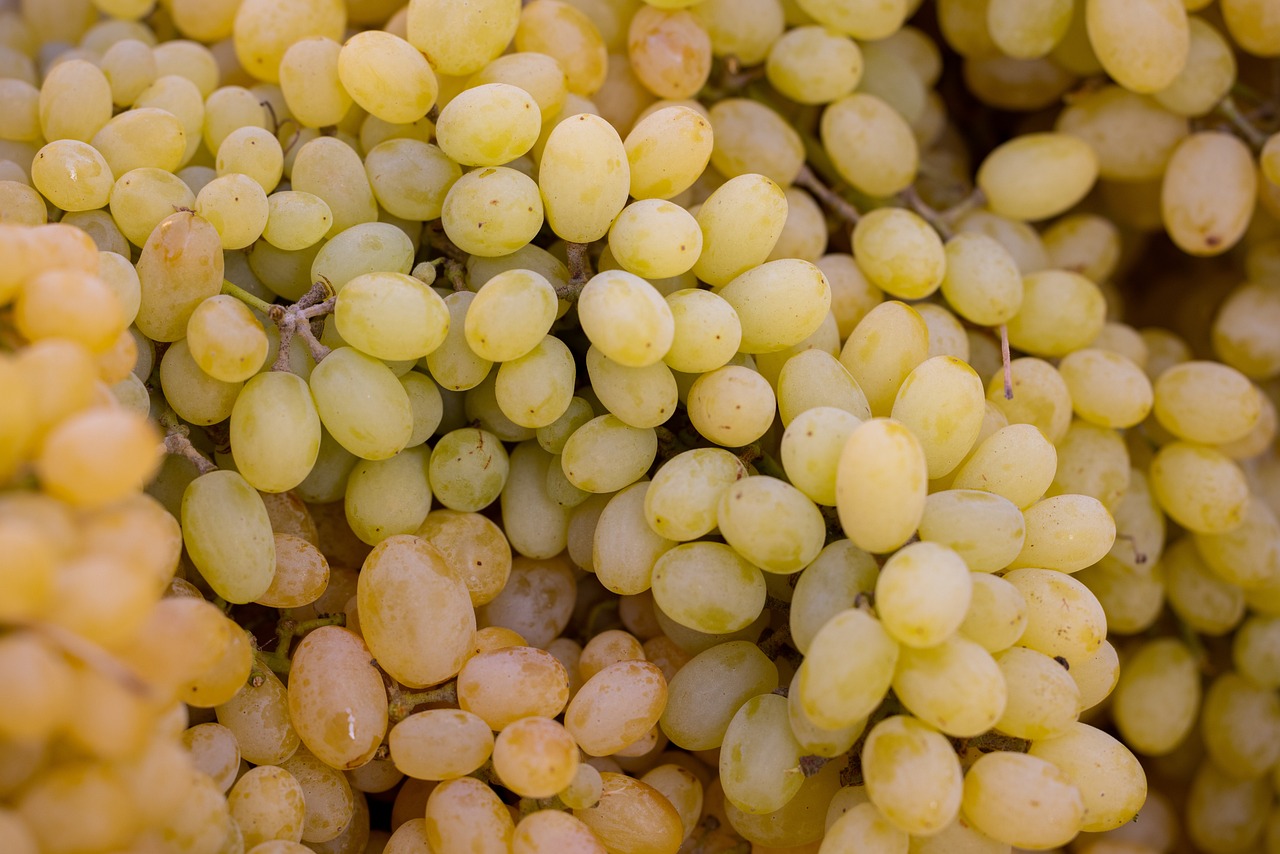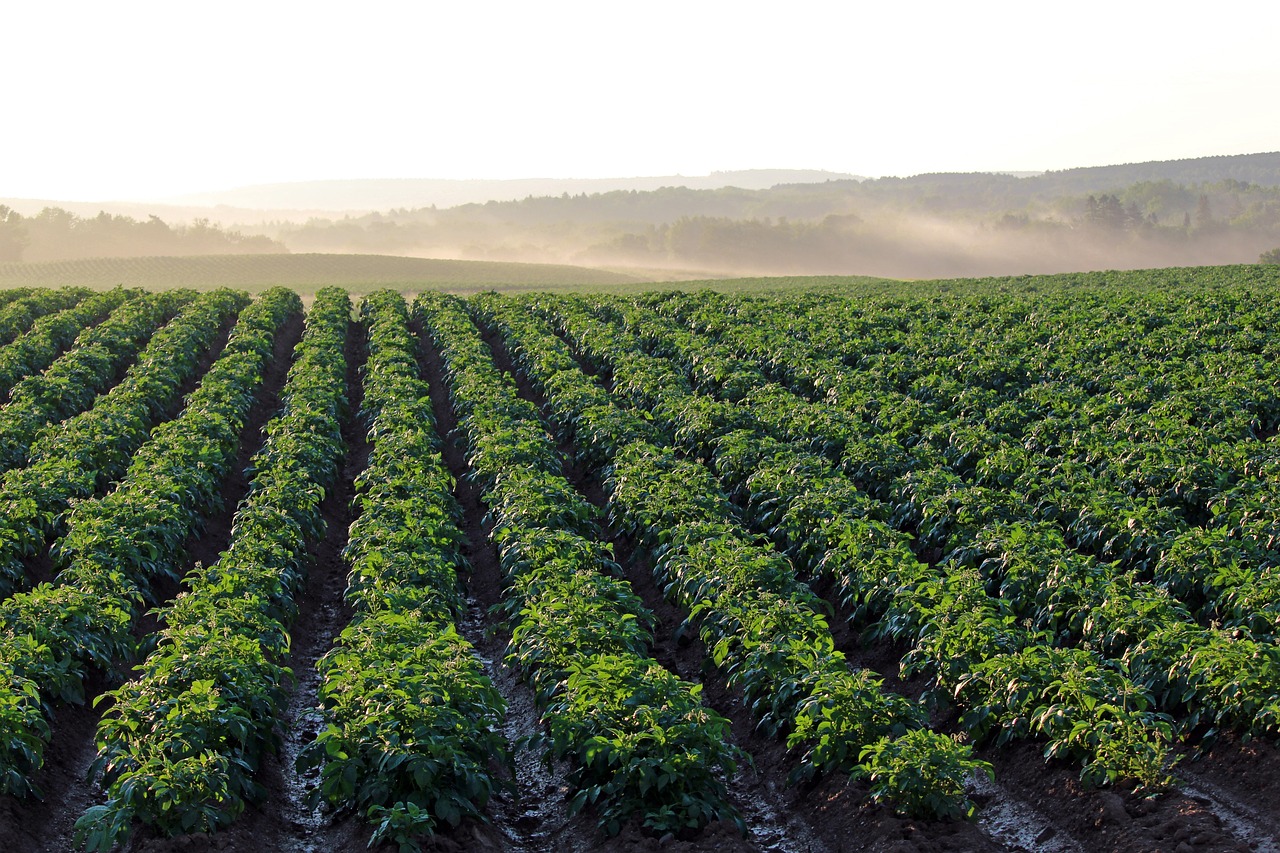The Role of Agriculture in Sustainability
Agriculture plays a pivotal role in the pursuit of sustainability, acting as a cornerstone in the quest for environmental preservation, economic stability, and social equality within the realm of food production and distribution. It serves as the bedrock upon which the pillars of sustainability are built, intertwining the intricate balance between the environment, economy, and society.

Conservation Agriculture Practices
Conservation agriculture practices are essential for promoting sustainable farming methods that prioritize the long-term health of the environment and soil. By minimizing soil disturbance, farmers can preserve the natural structure of the soil, prevent erosion, and retain moisture more effectively. Crop rotation is another key technique that helps maintain soil fertility and reduce the risk of pest and disease outbreaks by diversifying the types of crops grown in a particular area. Additionally, cover cropping involves planting specific crops during off-seasons to protect and enrich the soil, further enhancing its quality and resilience.
These practices not only benefit the environment but also contribute to the economic viability of farms by improving crop yields and reducing the need for costly inputs like fertilizers and pesticides. By adopting conservation agriculture methods, farmers can achieve higher productivity levels while minimizing their impact on the surrounding ecosystems. This approach fosters a more sustainable and balanced agricultural system that can support future generations and ensure food security in the long run.

Agroforestry and Biodiversity
Agroforestry is a sustainable agricultural practice that involves integrating trees and shrubs into farming systems to create a more diverse and productive landscape. By combining trees with crops and livestock, agroforestry promotes biodiversity, improves soil health, and provides additional income sources for farmers. This approach not only benefits the environment but also enhances the resilience of agricultural systems to climate change and other challenges.
One of the key benefits of agroforestry is its ability to enhance biodiversity within agricultural landscapes. By planting a variety of tree species alongside crops, farmers can create habitats for a wide range of plant and animal species. This increased biodiversity helps to support pollinators, control pests, and improve overall ecosystem health. In addition, the roots of trees help to stabilize soil, prevent erosion, and enhance water retention, contributing to long-term sustainability.
Furthermore, agroforestry practices can improve soil fertility and nutrient cycling. Trees and shrubs in agroforestry systems can fix nitrogen from the atmosphere, enriching the soil and reducing the need for synthetic fertilizers. This natural fertilization process not only benefits crop growth but also helps to maintain soil health over time. Additionally, the presence of trees can provide shade for crops, reducing water evaporation and creating microclimates that support diverse plant and animal life.
Moreover, integrating trees into agricultural landscapes can offer multiple economic benefits for farmers. Agroforestry systems can provide additional sources of income through the sale of timber, fruits, nuts, and other tree products. By diversifying their revenue streams, farmers can reduce their reliance on a single crop and improve their financial stability. This economic resilience is crucial for small-scale farmers, especially in the face of changing market conditions and climate variability.
In conclusion, agroforestry is a holistic approach to agriculture that promotes biodiversity, enhances soil health, and provides economic opportunities for farmers. By incorporating trees and shrubs into farming systems, agroforestry contributes to the long-term sustainability of food production while supporting environmental conservation and social equity.

Water Management in Agriculture
Exploring how agriculture plays a crucial role in achieving sustainability by promoting environmental conservation, economic viability, and social equity in food production and distribution.
Water management is a critical aspect of sustainable agriculture, ensuring efficient use of this precious resource while minimizing waste. Sustainable water management strategies in agriculture encompass a range of practices aimed at conserving water and optimizing its use in farming operations.
One key practice in water management is rainwater harvesting, where farmers collect and store rainwater for irrigation purposes, reducing reliance on groundwater and surface water sources. This method not only conserves water but also helps in mitigating the impact of droughts and water scarcity.
Another effective technique is drip irrigation, a method that delivers water directly to the roots of plants in a controlled manner, reducing evaporation and water runoff. This approach not only saves water but also enhances crop productivity by ensuring plants receive the right amount of moisture.
Efficient water use practices, such as scheduling irrigation based on crop needs, monitoring soil moisture levels, and implementing water-saving technologies, play a vital role in sustainable water management. By optimizing water use efficiency, farmers can reduce water wastage and improve overall farm sustainability.
Incorporating water management practices into agricultural operations is essential for ensuring long-term water availability, preserving ecosystems, and supporting sustainable food production systems. By adopting these strategies, farmers can contribute to water conservation efforts and promote the sustainability of agriculture for future generations.

Organic Farming Methods
Organic farming methods are a cornerstone of sustainable agriculture, emphasizing the use of natural processes and resources to cultivate crops and raise livestock. By eschewing synthetic chemicals and genetically modified organisms, organic farming promotes environmental health, soil fertility, and biodiversity. Farmers practicing organic methods focus on building healthy soil through composting, crop rotation, and the use of natural fertilizers like manure and compost tea.
One key aspect of organic farming is weed and pest management without chemical pesticides. Instead, farmers employ techniques such as mulching, companion planting, and introducing beneficial insects to control pests naturally. This approach not only protects the environment and human health but also contributes to the overall balance of the ecosystem.
Furthermore, organic farming methods prioritize animal welfare, prohibiting the use of growth hormones and antibiotics in livestock production. Animals are raised in humane conditions, with access to outdoor areas and a natural diet. This not only ensures the well-being of the animals but also produces higher quality meat, dairy, and eggs for consumers.
Organic farming extends beyond individual practices to encompass a holistic approach to agriculture. It emphasizes the interconnectedness of soil health, plant health, animal health, and human health, recognizing the intricate relationships within ecosystems. By fostering these relationships and working in harmony with nature, organic farmers contribute to a more sustainable and resilient food system.

Climate-Smart Agriculture
Exploring how agriculture plays a crucial role in achieving sustainability by promoting environmental conservation, economic viability, and social equity in food production and distribution.
Climate-smart agriculture is a forward-thinking approach that addresses the challenges posed by climate change while ensuring sustainable food production. By integrating innovative practices and technologies, climate-smart agriculture aims to enhance resilience, reduce carbon emissions, and improve productivity in the face of changing environmental conditions.

Role of Technology in Sustainable Agriculture
The role of technology in sustainable agriculture is pivotal in advancing farming practices to be more efficient, productive, and environmentally friendly. Technological innovations have revolutionized the agricultural sector, offering solutions to challenges such as climate change, resource management, and food security. One key technology is precision agriculture, which utilizes data analytics, GPS technology, and sensors to optimize field operations, reduce input waste, and increase crop yields. Drones have also become valuable tools in monitoring crop health, detecting pests and diseases, and assessing field conditions, allowing farmers to make informed decisions in real-time.
Biotechnology plays a significant role in sustainable agriculture by developing genetically modified crops that are more resilient to pests, diseases, and environmental stressors. These crops can reduce the need for chemical pesticides and fertilizers, promoting ecological balance and reducing environmental impact. Additionally, biotechnology research is focused on enhancing crop nutrition, increasing yield potential, and developing crops suitable for changing climates, contributing to long-term sustainability in food production.
The integration of technology in agriculture not only enhances efficiency and productivity but also promotes sustainability by minimizing resource wastage, reducing environmental degradation, and improving farm profitability. By embracing technological advancements, farmers can adopt practices that are not only economically viable but also environmentally and socially responsible, ensuring the long-term sustainability of agriculture for future generations.

